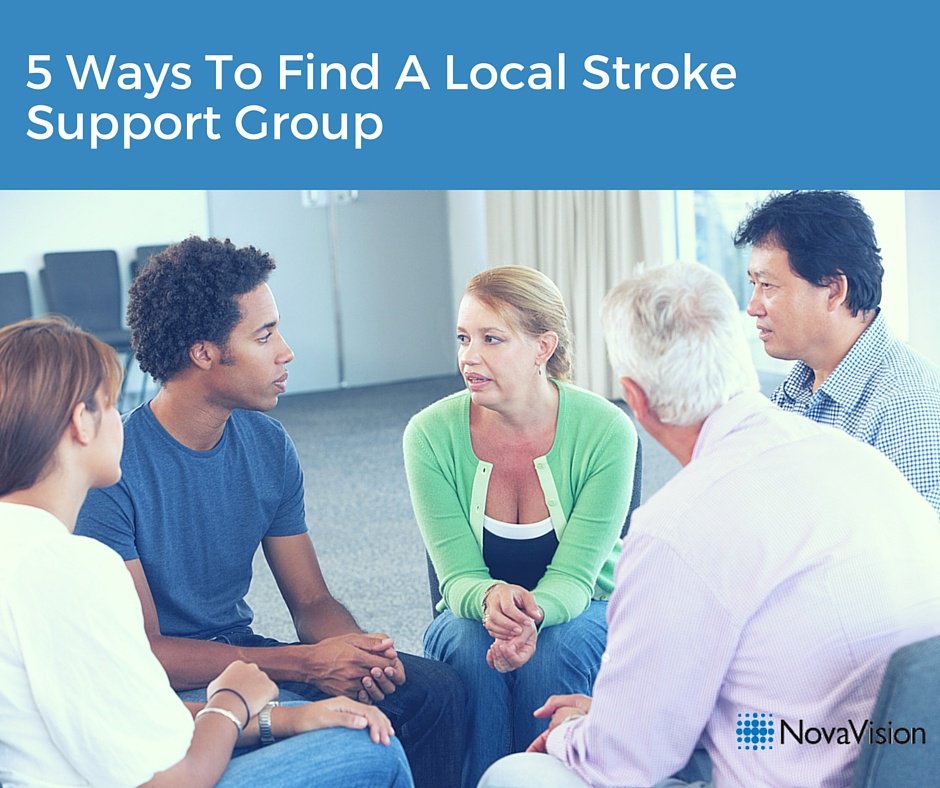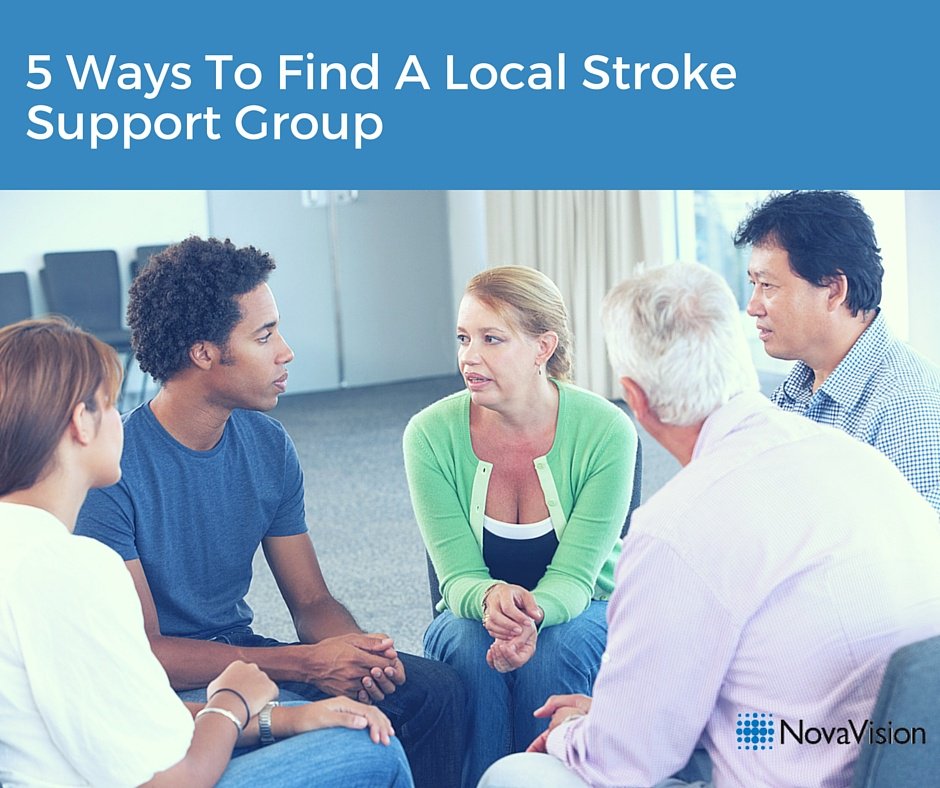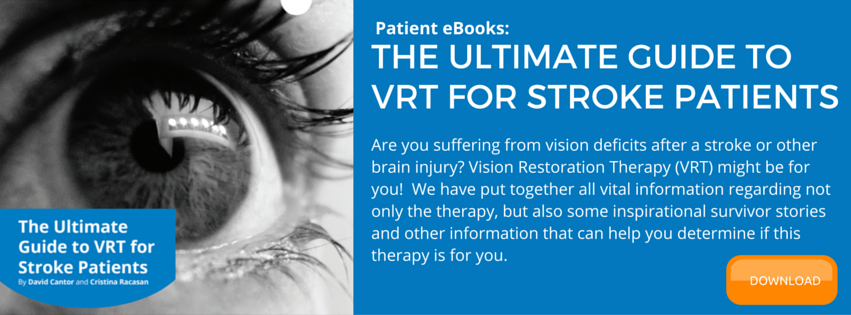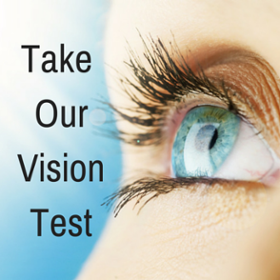 Almost as important as your physical recovery from stroke is your emotional and psychological recovery. Identifying and participating in a local support group or online forum is a great way to facilitate and accelerate this part of the recovery process. Whether you yourself are a recent stroke survivor or are currently taking care of a loved one, there are places one can go and chat rooms one can participate in that can provide the community support you may need during this difficult and testing time.
Almost as important as your physical recovery from stroke is your emotional and psychological recovery. Identifying and participating in a local support group or online forum is a great way to facilitate and accelerate this part of the recovery process. Whether you yourself are a recent stroke survivor or are currently taking care of a loved one, there are places one can go and chat rooms one can participate in that can provide the community support you may need during this difficult and testing time.
Stroke support groups take several different forms. These groups are typically made up of meetings for stroke survivors and their loved ones who need a place to ask questions, tell stories, and discuss their experiences with people who have encountered similar issues. Although sharing these details with new people may seem intimidating, participating in these events can be invaluable and one can get useful information and immense support from caregivers and other survivors.
We’ve compiled 5 easy-to-use resources to help you and your loved ones find a support group and identify which one is the best for you:
The American Stroke Association
Created in 1997, the American Stroke Association is dedicated to prevention, diagnosis and treatment to save lives from stroke. This group funds scientific research, helps people better understand and avoid stroke, encourages government support, guides healthcare professionals and provides information to enhance the quality of life for stroke survivors.
You can visit The American Stroke Association website or access their national stroke support group registrydirectly. To find a group near you, simply enter your ZIP code and a mile radius. Once the list of support groups appears (you may have to increase your search radius to find results) you have the option to click on the various groups that appear to learn more.
National Stroke Association
The National Stroke Association is dedicated to reducing the incidence and impact of stroke. For over 30 years, this association has been a trusted source of free resources and education for the entire stroke community. They continue to develop programs across the full continuum of stroke—prevention, acute treatment, and rehabilitation.
You can visit the National Stroke Association website or by going to find a stroke support group directly, you can quickly find a group that’s convenient for you. Simply select your state abbreviation and click the search button. The lists are sorted by city and includes both in-person and online groups.
The Internet Stroke Center
The Internet Stroke Center is an independent resource on the web that provides information about stroke care and research. Their mission is to advance understanding of stroke research and clinical care by providing current, professional, and unbiased information.
Unlike the previous resources listed above, the Internet Stroke Center lists the support groups by helpful categories as opposed to searching for groups by location. These categories include support groups for childhood strokes, internet discussion groups, and additional resources for finding the support group that’s right for you. You can view the full list by clicking here.
Online Forums and Chatrooms
At times, stroke victims or their caregivers may find themselves facing both physical and emotional barriers that may steer them away from participating in a local support group. With more and more communication happening online today, it is possible to join a supportive community online without ever leaving the comfort of your own home.
Online chat rooms such as the ones at HealthfulChat.org and StrokeNet, an online support community, can be invaluable resources to share stories, ask questions, and gain the support of a community right at your fingertips. Although both websites do require that you register before posting in their forums, registration is free.
Social Media
Today more and more of that social interaction is happening online. Social media may have previously been used for old friends and college classmates to keep in touch, but serious businesses and online communities have a major presence on these platforms today.
Due to Twitter’s advanced search ability and the use of “hashtags” to organize information into specific categories, you can easily find like-minded people and groups on this social media platform even if you don’t have an account. For example, we typed “StrokeSupport” into the search bar and immediately found supportive Twitter accounts to follow as well as events to attend:
Facebook groups are another great way to identify online support groups and communities using social media. By searching for “Stroke Support” under “groups” you can find a number of online communities that focus on specific demographics such as age or location.
The support from these groups helps stroke victims and their loved ones overcome the daily challenges they face during recovery. These communities also prevent patients from feeling secluded and misunderstood. If you or a loved one could benefit from a forum for learning, listening to and socializing with other stroke survivors don’t hesitate to explore the resources above or contact us with any questions.



